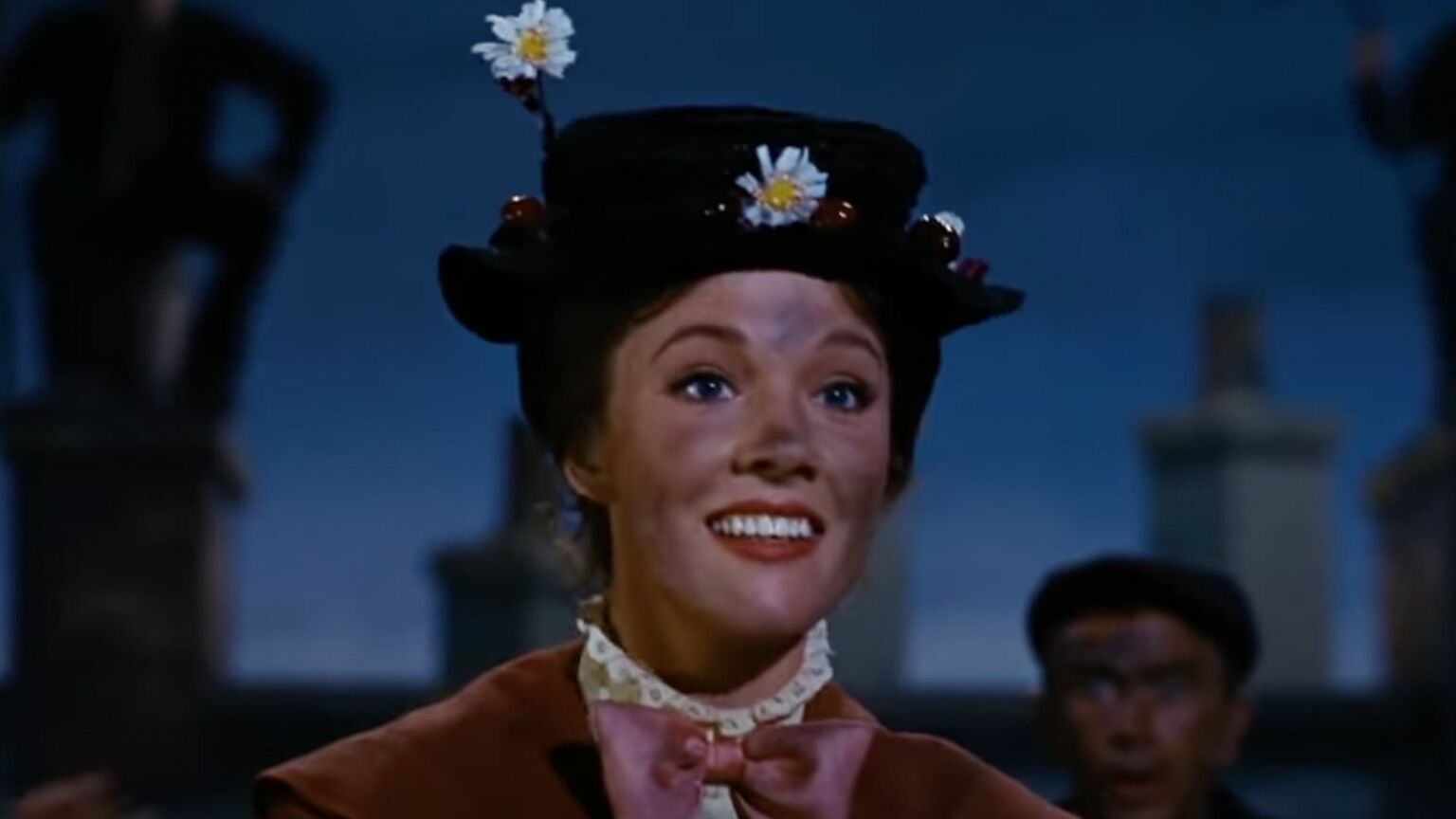It’s official: even Mary Poppins is racist now
The BBFC has uncovered ‘discriminatory language’ in the classic children’s film.

‘Racism’ is probably not the first word that comes to mind when most of us think of Mary Poppins. Yet Disney’s 1964 children’s classic has long been an unlikely target of rabid social-justice warriors.
Back in 2019, New York Times writer Daniel Pollack-Pelzner took Mary Poppins to task for ‘shamefully flirting with blackface’. This was in reference to when Poppins gets covered in soot during the ‘Step in Time’ musical number. ‘Instead of wiping it off’, he complained, ‘she gamely powders her nose and cheeks and gets even blacker’. This entirely innocent scene was thus held up as ‘proof’ of the film’s supposed bigotry.
Now the British Board of Film Classification (BBFC), the UK’s government-approved film regulator, seems to agree that Mary Poppins is racist – although not for its alleged ‘blackface’. This week, the BBFC raised the film’s age rating from U to PG due to its ‘discriminatory language’.
The language in question is the rather archaic racial slur ‘hottentot’. This was once used by Europeans to describe indigenous South Africans as primitive barbarians. In the film, it is uttered by a senile man.
The BBFC is convinced that children could find this term ‘distressing’, although it seems unlikely they will even know what it means. Indeed, this is probably why it has hidden in plain sight for so many decades – and why most modern parents are still comfortable showing the film to children.
The BBFC’s calling out of Mary Poppins is clearly not about protecting children from dated language. It simply reflects the woke drive to find racism everywhere. To trawl through classic culture searching for things to be offended by.
This is absurd. If Mary Poppins is racist, then I’m a magical nanny.
Thomas Osborne is an editorial assistant at spiked.
Picture by: Getty.
To enquire about republishing spiked’s content, a right to reply or to request a correction, please contact the managing editor, Viv Regan.









Comments
Want to join the conversation?
Only spiked supporters and patrons, who donate regularly to us, can comment on our articles.